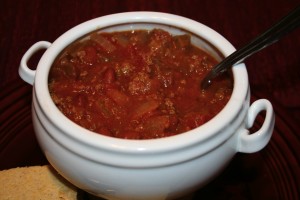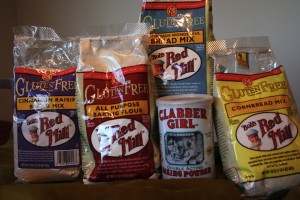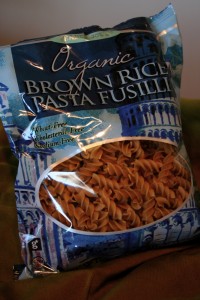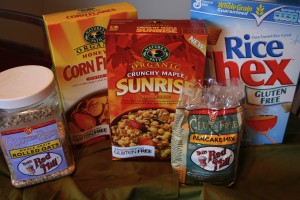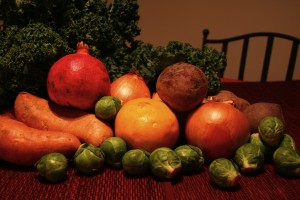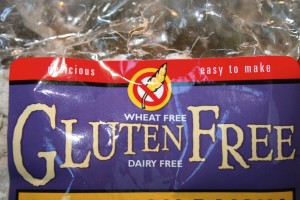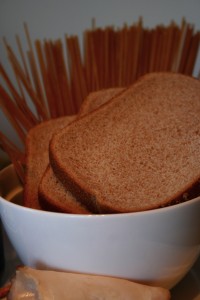
Most likely everyone has heard someone they know say they are “Going Gluten Free.” Unless you’ve been following a gluten free (GF) diet for a while or care for someone who follows a GF diet you may be curious as to what this GF thing really is.
In this new segment, Gluten Free, I’ll be demystifying this topic, telling my personal experience with going GF, as well as providing resources, product ideas, and recipes for those following GF diets.
So, first things first…Let’s demystify this GF thing!
What is gluten?
Gluten is a protein that’s found in wheat, barley, and rye. It’s not a grain itself, but is a component of these grains. Gluten is an elastic protein that causes baked goods to bind and makes them light and fluffy.
Why are so many people avoiding gluten?
Gluten itself is not inherently bad for you, but for people who have Celiac or simply have an intolerance to gluten its bad for them. Gluten intolerance and Celiac used to be very hard to diagnose because the symptoms can be synonymous with so many other ailments and diseases. Awareness of these issues has grown tremendously in the last few years and many people are now discovering that they simply “Feel Better” when following a GF diet.
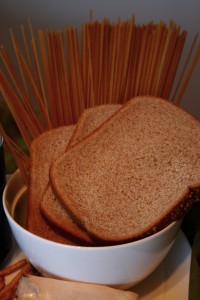
What is Celiac and how is it different that having a gluten intolerance?
The National Foundation for Celiac Awareness describes Celiac Disease as such: “
Celiac disease is an autoimmune digestive disease that damages the villi of the small intestine and interferes with absorption of nutrients from food. What does this mean? Essentially the body is attacking itself every time a person with celiac consumes gluten.”
www.celiaccentral.org/Celiac-Disease/21/
Celiac is determined genetically, meaning that if you have a family member that has it, you’re more likely to have it. Your doctor can see the first signs through a blood test.
Some people may not be able to digest gluten well, but do not necessarily have Celiac. These people are considered gluten intolerant. Gluten tends to be a very inflammatory food, which is one reason that many people feel better when they avoid it.
What are some of the symptoms of Celiac Disease and gluten intolerance?
There are a wide variety of ways that gluten can affect your body. Some of the symptoms of Celiac Disease and gluten intolerance include digestive issues (gas, bloating, diarrhea, constipation, intestinal pain), fatigue, joint pain, poor weight gain, delayed growth, infertility, depression, thyroid disease, skin rash (eczema). For a Celaic Disease Symptom Checker visit www.celiaccentral.org/disease-symptoms-checklist/
Do you think you or someone you know may benefit from a gluten-free diet?
Do you know you’d benefit from a GF diet but think its too hard?
Don’t stress…I’ll point you in the right direction and give you great resources, recipes, and tips.
Hope you’ll keep following for more info to come in the weeks to follow!
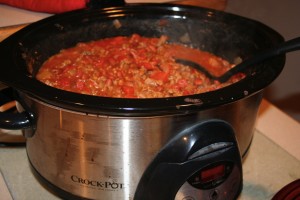 Ingredients:
Ingredients:
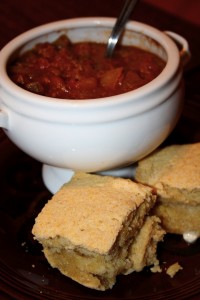 Directions:
Directions:
